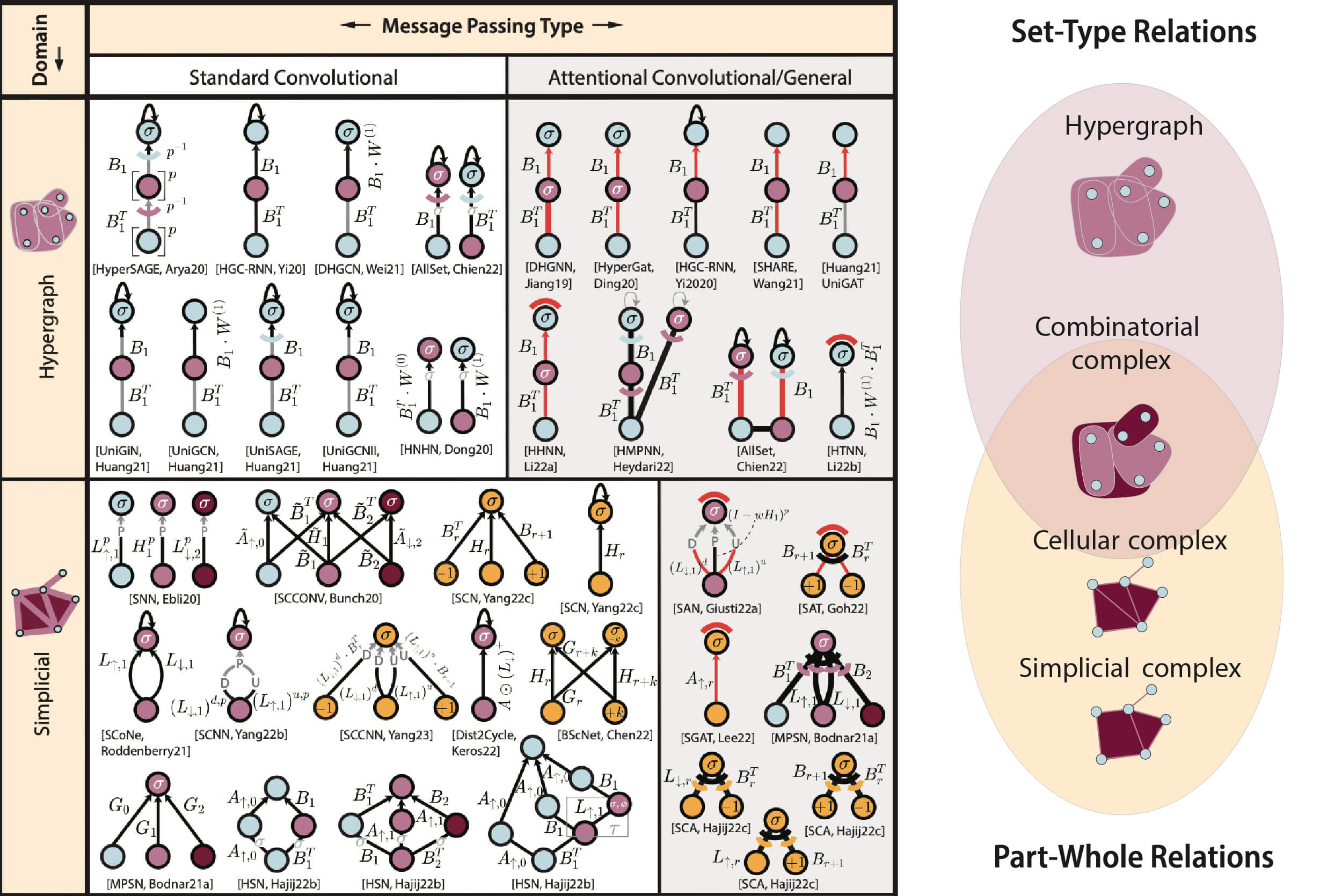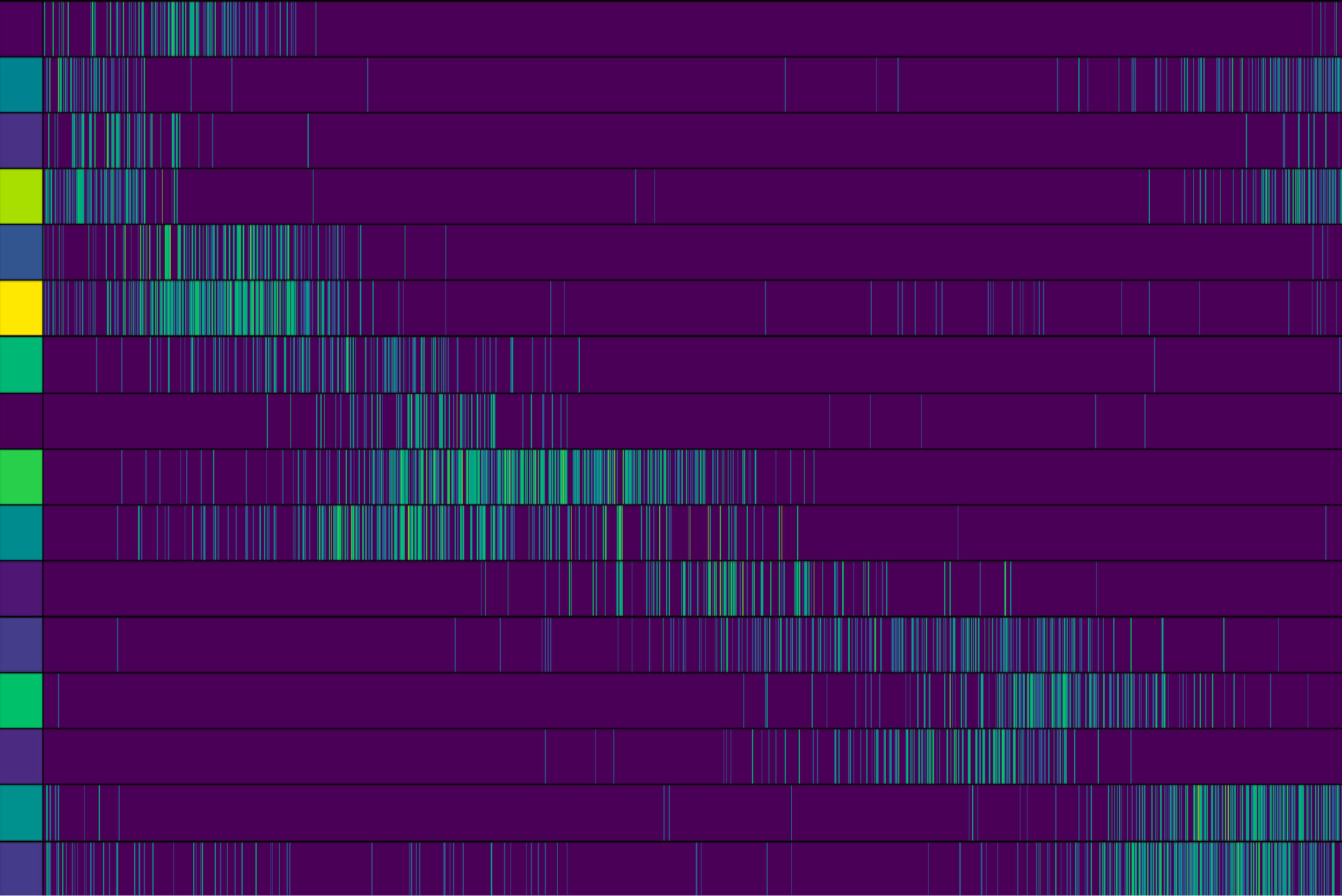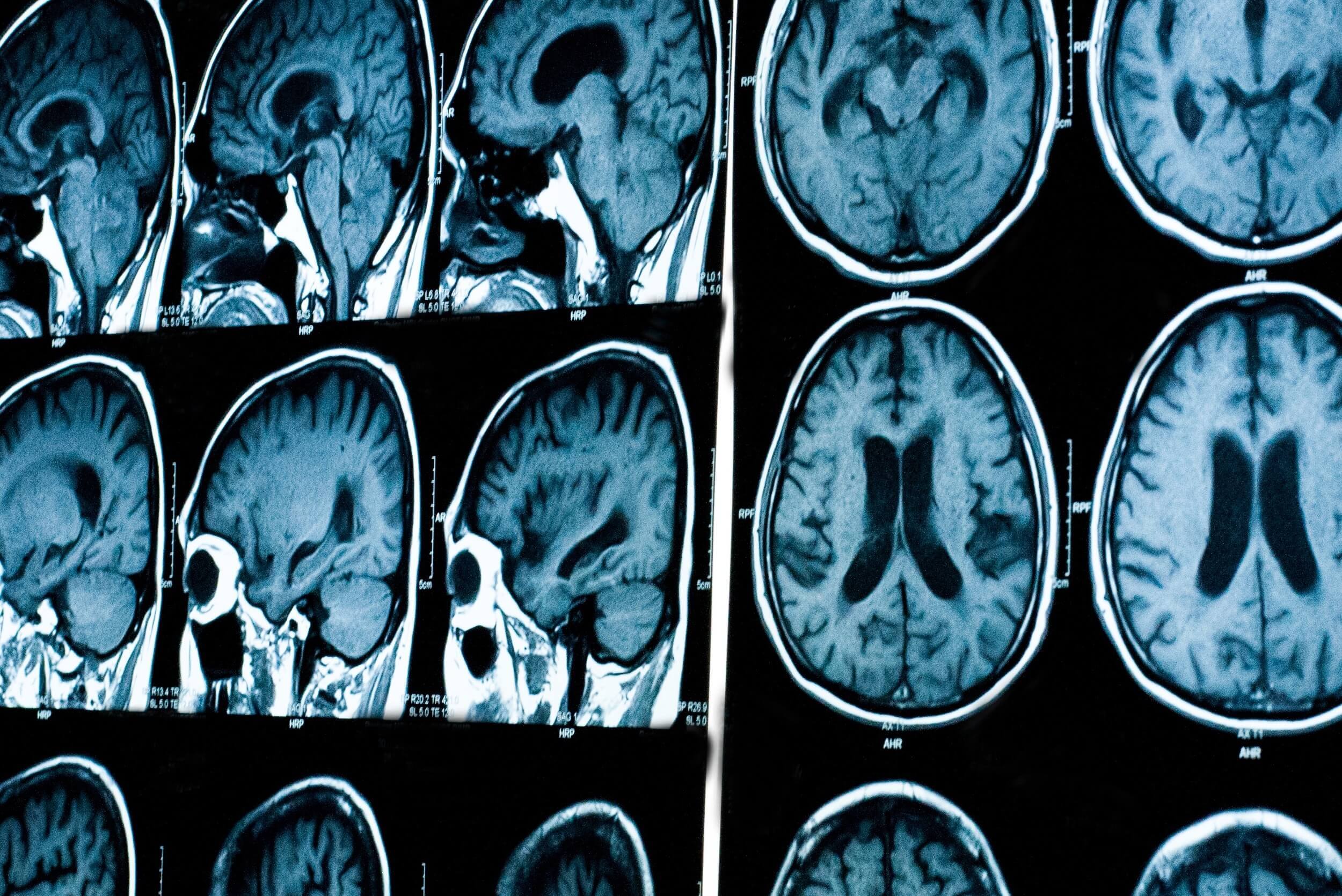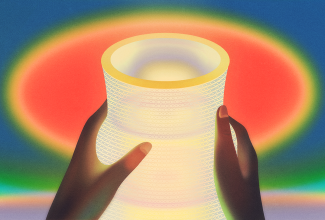We reveal the geometric signatures of natural and artificial intelligence.
Understanding the brain is one of greatest scientific challenges of our time. We still don't know how thoughts emerge from neural activity, how our memories are stored and retrieved, or how our brain so flexibly adapts to new situations.
Meanwhile, today, an equally profound challenge has arisen: understanding the artificial intelligence (AI) emerging in machines of our own making.
In our lab, we believe that these challenges are linked.
Geometric Intelligence Research
We are physicists, neuroscientists, mathematicians and computer scientists who study intelligence in biological and artificial neural networks and use our findings to build better AI models.
Just as physics unified forces through symmetry and geometry, we show mathematically and empirically that human and machine intelligence can be studied under a common framework: geometric intelligence.
Geometric Intelligence in Machines

We study the mathematical properties of top-performing AI models. Using these properties, we design novel AI that succeeds where most models fail—delivering up to +66% higher accuracy or the same accuracy with 10× faster models—even when datasets are small, noisy, or complex (e.g., networks, and 3D shapes). Learn more.
Geometric Intelligence in Brains

We study how geometric patterns of neural activity obey mathematical principles across diverse cognitive functions—from navigation and memory to vision. Learn more.
Building Brain Digital Twins

We leverage shared mathematical principles of intelligence in brains and machines to build multiscale digital twins of the brain, simulating its function in both health and disease. Learn more.
Latest News
Dr. Nina Miolane Publishes Op-Ed in Inside Higher Ed on Scientific Software as a Public Good
Dr. Nina Miolane, principal investigator of Geometric Intelligence Lab, co-authroed a recent op-ed in Inside Higher Ed examining the growing reliance of scientific research on corporate software platforms. The piece argues for treating research software and infrastructure as public goods, calling for sustained investment in open-source tools to ensure equity, reproducibility, and long-term scientific progress.
Read MoreDr. Nina Miolane Publishes Op-Ed in Inside Higher Ed on Scientific Software as a Public GoodThe Geometric Intelligence Lab Shares Its AI-Driven FTD Research in The Transmitter
Dr. Nina Miolane was recently featured in an article by The Transmitter exploring how neuroscientists are integrating large language models into their research workflows. The article highlight's PhD student Louisa Cornelis' work using explainable graph neural networks and LLM-assisted literature analysis to study frontotemporal degeneration (FTD), leveraging large-scale proteomics data to predict future cognitive decline and identify molecular drivers of disease.
Read MoreThe Geometric Intelligence Lab Shares Its AI-Driven FTD Research in The TransmitterAbby Bertics Launches Podcast on The Economist on the Future of Learning in the Age of AI
In lectures halls and classrooms across America, a quiet revolution is underway. Students are using AI to write essays, solve problems, and even make daily decision, while professors scramble to detect cheating with invisible traps. The Economist's former AI reporter, Abby Bertics, PhD student in the Geometric Intelligence Lab, reports from campus about an education system in crisis, and asks what the future might look like as students begin to tap into a tool that can think quicker, write faster, and teach better.
Read MoreAbby Bertics Launches Podcast on The Economist on the Future of Learning in the Age of AI


